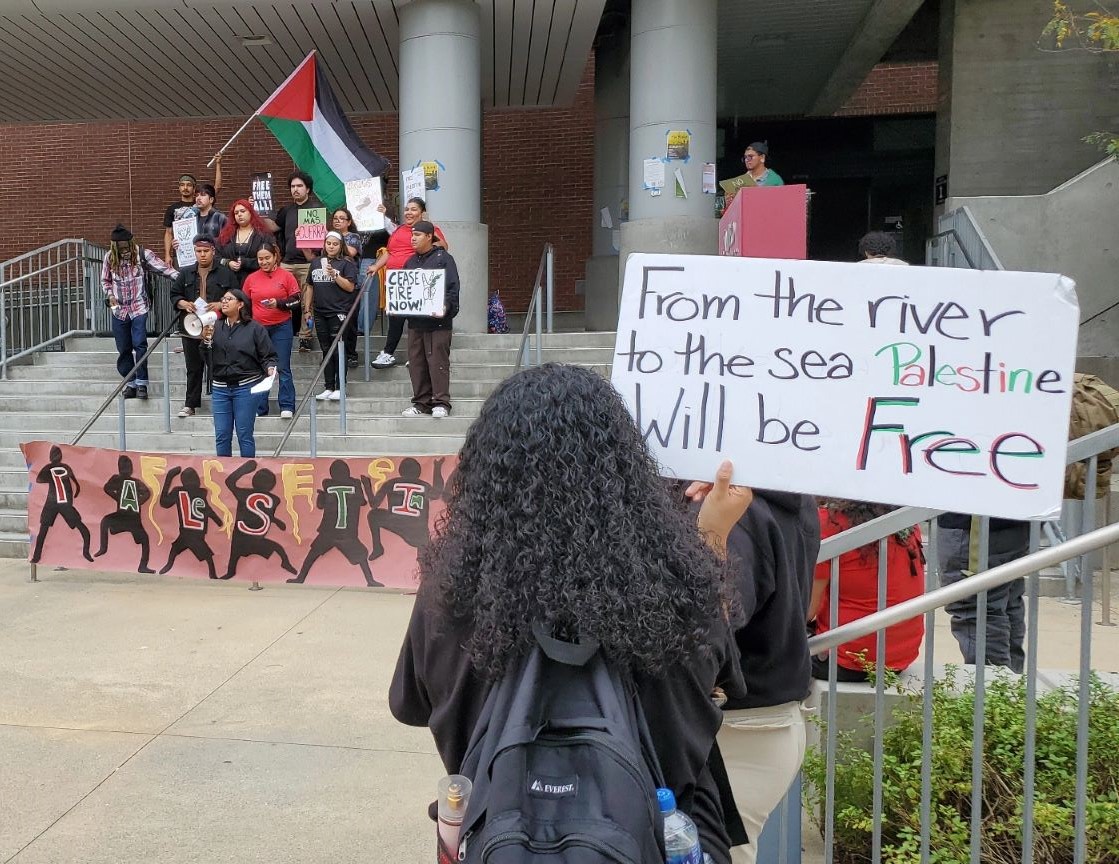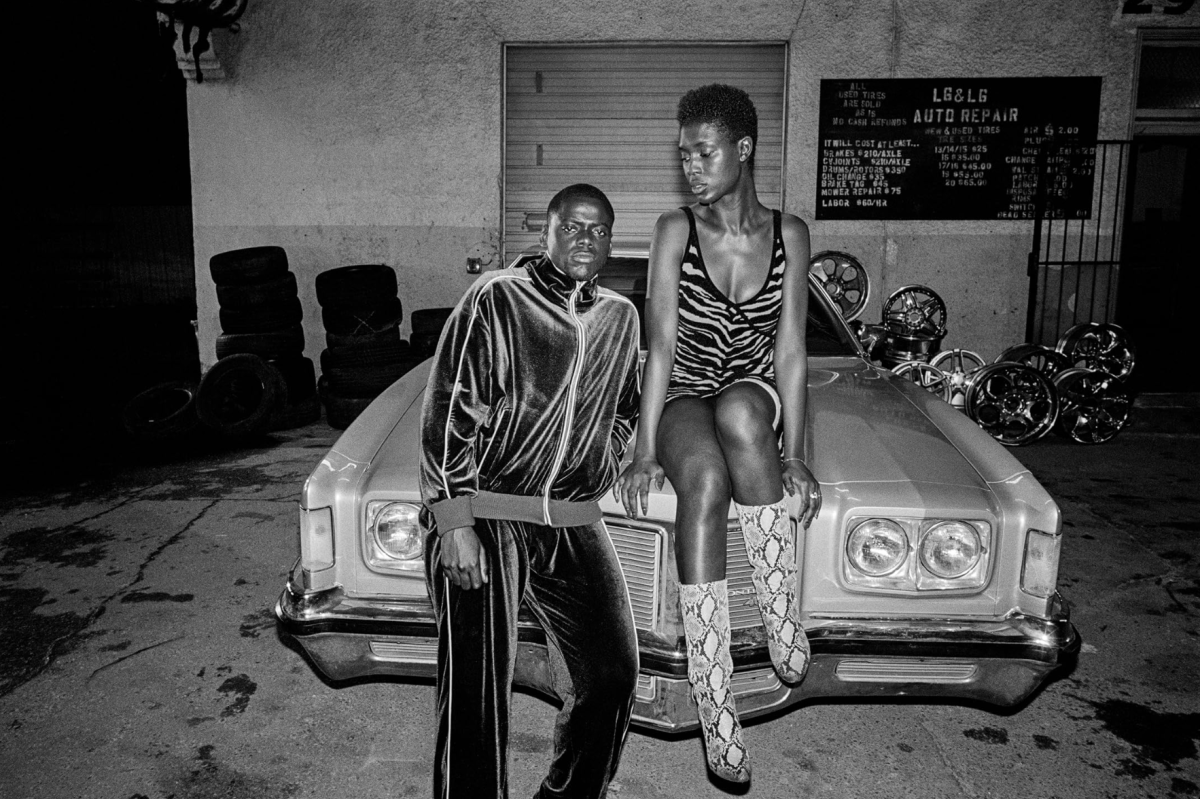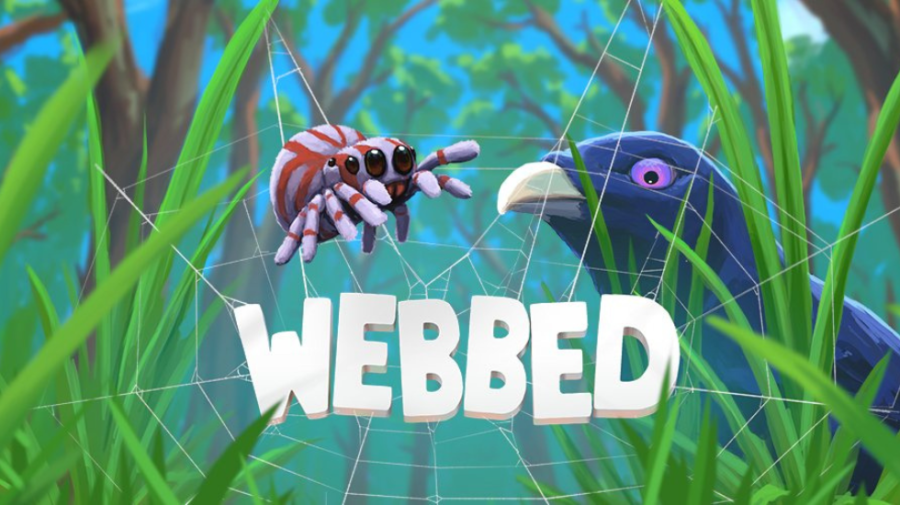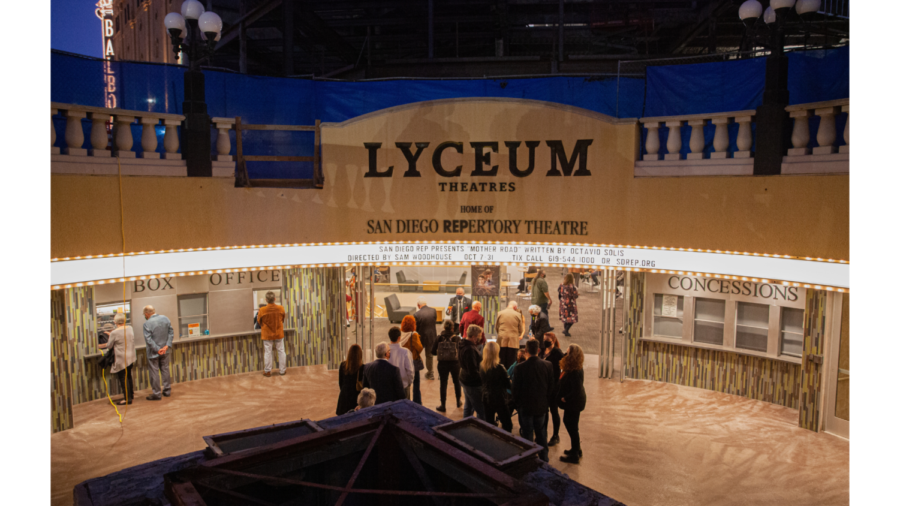Alondra Nelson, Yale professor and former City College student, visited City on March 11 to give a lecture on Genetic Genealogy Testing. I was excited about her visit until her vocal chords vibrated, her tongue moved and her lips parted.
Nelson said she was advised by World Cultures staff to talk about her experience of going from being a City College student to being a professor at Yale and about her current projects. My experience is that such speeches usually have a heavy element of “and you can do it, too.”
Instead, I waited with paused breath, to hear about how her “daddy Joe” was a simple carpenter. She spoke of her experience against the backdrop of the experience of her students at Yale as opposed to students here at City.
Nelson told of how she was always that girl with the book and how she didn’t have the family support, unlike her students at Yale, when it came to filling out college applications. I would think the girl who always had the book would rather advise City College students who shared that same lack of family support that books on applying to college can be readily found at the public library.
As far as Nelson’s presentation of genetic genealogy information, the amount and quality of the information seemed sufficient given the time available. However, when she said with faux-folksy smile that this information could be put in terms that even us regular folk could understand, I feared that I may have been caught in some sort of Sarah Palin flashback.
Nelson demonstrated that she strode the same ivory-encased floors of those she criticized during her speech. Nelson said early academic speculation concerning the Internet hailed it as the tool that would end sexism, racism, and oppression.
Nelson commented that this view of the Internet showed a lack of awareness of the daily experiences of women and minorities which countered these pronouncements from the balconies of the ivory towers.
Nelson with haughty aplomb gingerly stepped into this same rabbit hole of which she was so critical.
When I asked Nelson’s views of how being labeled “African-American” might affect such a person’s self-perception, Nelson answered that she preferred the notion that people could call themselves what they wanted and suggested I should ask each of those persons so labeled concerning their self-perception.
Do I even need to comment on the real world experience of people being able to can call themselves whatever they want? If I had asked how being labeled “female” might affect such a person’s self-perception, would I have been directed to ask every female?
Nelson appeared dismissive of my accurate claim that Jessie Jackson popularized the use of the term “African-American” during a Democratic Convention, saying we don’t need to go to Jessie Jackson. Continuing her response, Nelson made reference to an earlier use of the term “Afro-American” in the academic literature.
“African-American” and “Afro-American” come from two separate self-identity movements. I do not know whether Nelson was unaware of this fact or whether she assumed I was unaware. I certainly hope that a black woman saying the name Jessie Jackson does not have the power to turn off a person’s thinking capacity.
Nelson is a self-described cultural anthropologist. The biography available at the presentation indicated that she is a professor of Sociology, African American Studies and American Studies. I expected answers that showed more cultural awareness and some minimal ability to ad lib cultural critique.
I expected the same when a member of the audience asked a question regarding the legal protections as far as genetic samples submitted to labs for genealogy testing.
Nelson answered that once the labs had retrieved the genetic code from the samples, they didn’t need the actual samples anymore thus implying that the question was moot.
Pardon me for thinking, but the above question seemed centered on legal protection, not samples vs code. Nelson’s answer in this case and in the case of any questions of depth, were too often shallow and belittling of the questioner.
Nelson had acknowledged the need for privacy in regards to code when she saw the genetically coded genealogy report of one of the audience members, and told the lady to handle the information with care. This would appear to show that Nelson had present in her mind the thoughts necessary to answer a question about legal concerns regarding genetic information with more care.
Several students gave the pro forma “thank you” to Nelson for visiting our school. I do applaud Nelson for her accomplishment. That said, I would like to add that her trip from Yale back to City would have been much more beneficiary had it not been accompanied by what appeared to be a heaping helping of lowered expectations of the students.







